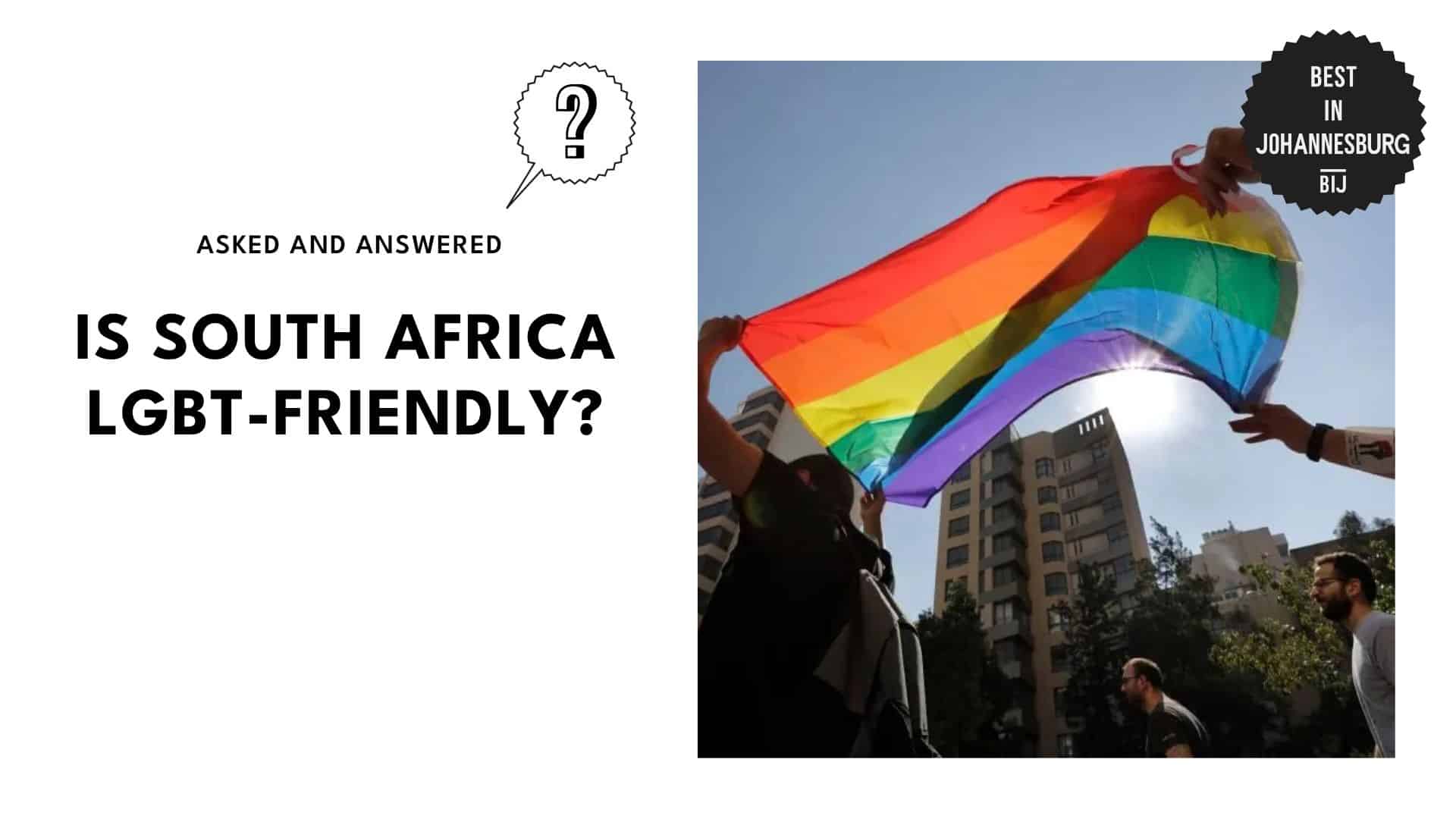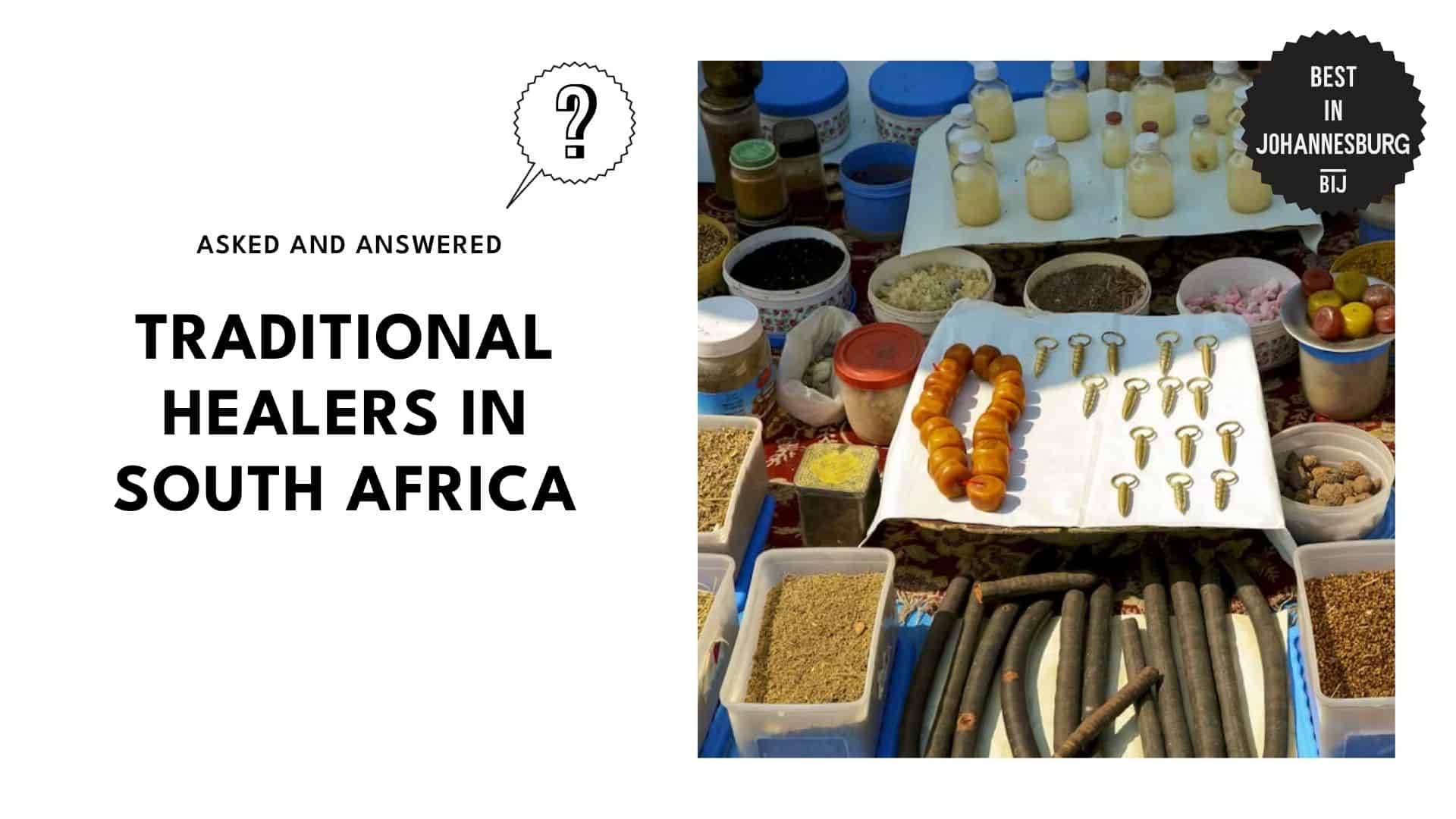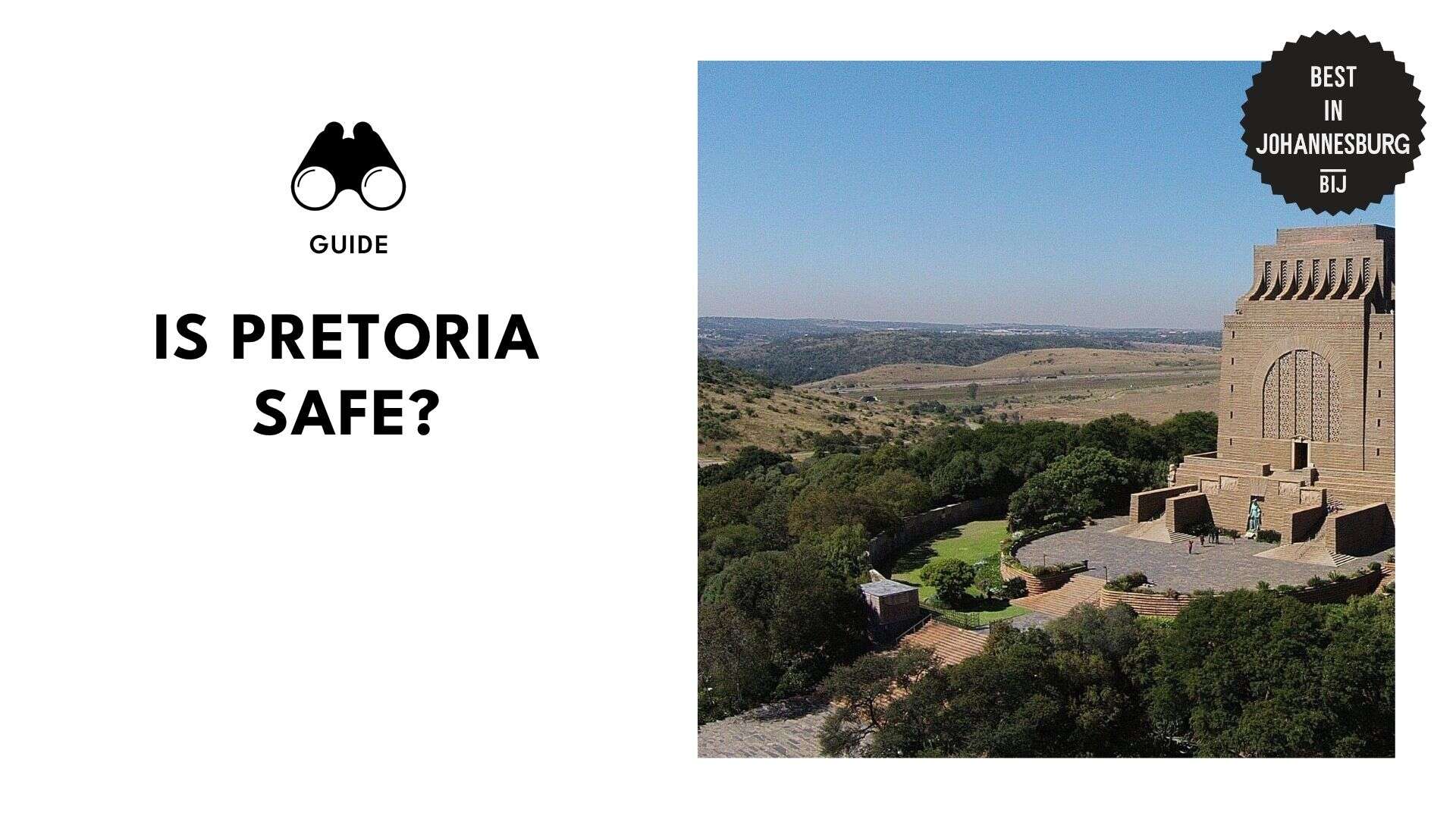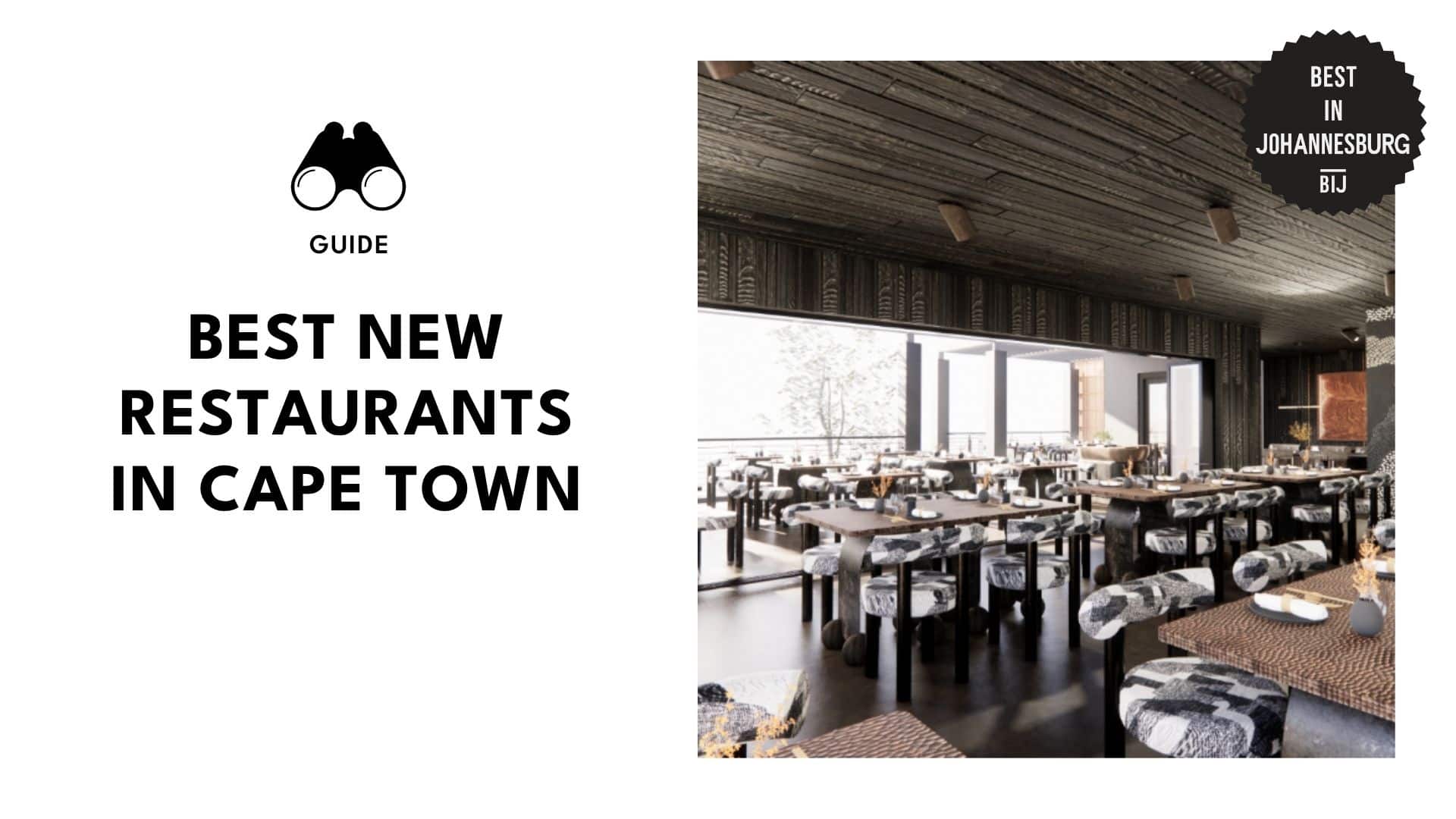Categories > Guides and Tips
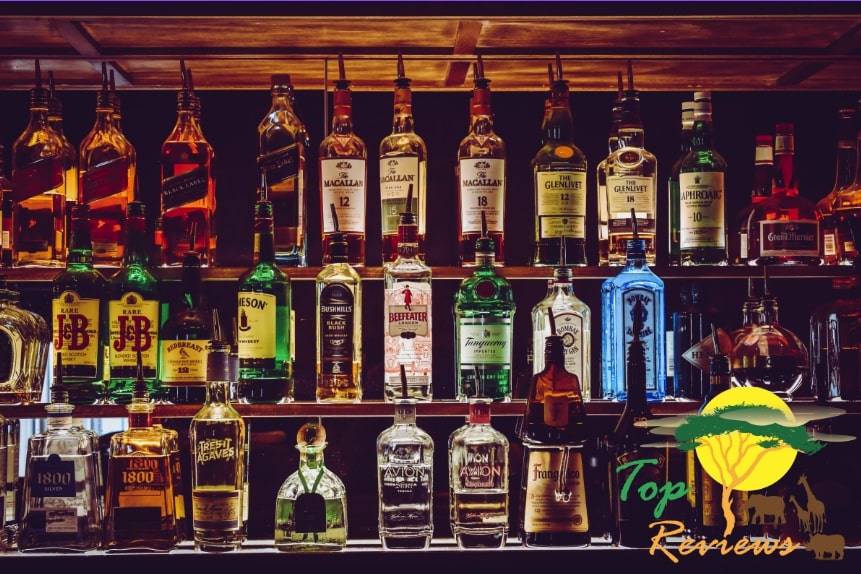
Your Ultimate Guide to Obtaining a Liquor License in South Africa
- What are the qualifications to apply for a liquor license in South Africa?
- What’s the step-by-step process to get a liquor license in South Africa?
- Determine the type of license you need.
- 2. Complete the application form.
- Gather your supporting documents.
- Submit your application and pay the required fee.
- Wait for your application to be processed.
- Have the site inspection.
- Attend a hearing.
- Receive your liquor license.
- Why is a liquor license important in South Africa?
- FAQs
Selling or distributing alcohol is a crucial part of the country’s economy, but without a proper license, you could find yourself in hot water.
Pour yourself a drink and settle in, because we’re about to take you on a trip through the step-by-step process of getting a liquor license in South Africa.
Whether you’re a seasoned business owner or just looking to host an epic party, we’ve got you covered with all the necessary information to ensure you’re compliant with South African liquor laws.
What are the qualifications to apply for a liquor license in South Africa?
The eligibility requirements for obtaining a liquor license in South Africa are quite specific and must be met in order to apply for a license. Here are the following qualifications to apply:
- The applicant must be at least 18 years old, a South African citizen or have a valid work permit, and must have a clean criminal record.
- To sell or distribute alcohol, the applicant needs a suitable location that follows zoning laws and regulations set by the local government. The location must not be in prohibited areas near schools or places of worship.
- The applicant must be able to prove that they have the necessary experience and qualifications to operate a liquor business. This may include completing a training course or having prior experience in the industry.
- The applicant must submit a business plan that describes the business nature, target market, marketing and sales strategies, and a financial plan that demonstrates the financial viability and sustainability of the business.
- The applicant must provide all necessary documents, such as identity documents, proof of address, and tax clearance certificates.
It can be a bit confusing, we know, so it’s always a good idea to consult with the relevant authorities and obtain professional advice before submitting your application. You may contact the Regulatory Board here.
What’s the step-by-step process to get a liquor license in South Africa?
To secure your liquor license, follow the steps below:
Step 1: Determine the type of license you need.
Step 2: Complete the application form.
Step 3: Gather supporting documents.
Step 4: Submit your application and pay the required fee.
Step 5: Wait for your application to be processed.
Step 6: Wait for the site inspection.
Step 7: Attend a hearing.
Step 8: Receive your liquor license.
1. Determine the type of license you need.
The first step is to determine what type of license you require for your business or event, as each has a different purpose and validity.
Additionally, each province in South Africa may have slightly different licensing requirements, so it’s crucial to consult with the relevant authorities and ask for professional advice before applying for a liquor license.
Below are the different types of liquor licenses in South Africa and their purposes:
| Type of Liquor License | Purpose |
| On-consumption license | Granted to establishments such as bars, restaurants, and nightclubs that sell alcohol for consumption on their premises |
| Off-consumption license | Granted to establishments such as liquor shops and supermarkets that sell alcohol to be consumed outside of their stores |
| Special events license | Granted to individuals or organisations that wish to sell alcohol at a special event, such as a music festival or sports event |
| Micro-manufacturing license | Granted to small-scale producers of alcohol, such as craft breweries and distilleries that produce less than 400,000 litres of alcohol per year |
| Wholesale license | Granted to businesses that sell alcohol in bulk to other businesses such as bars and restaurants |
2. Complete the application form.
Once you have determined the type of license you need, you should complete the relevant application form. These forms can be obtained from the relevant authorities, such as the Liquor Board or the Department of Trade and Industry.
For easier processing, you can apply for your liquor license online. Just access the NLA online system and follow the instructions.
3. Gather your supporting documents.
In addition to the application form, you must submit several supporting documents, including your valid ID, proof of address, business registration paperwork, zoning certificate, and tax clearance certificate.
The particular documentation necessary may differ based on the type of license you’re applying for and may differ from one city to another. Check out this list of Regulatory Bodies you can reach out to inquire..
4. Submit your application and pay the required fee.
After completing the application form and gathering all essential documents, you must submit your application to the appropriate authorities and pay the fees.
Take note that the cost of applying for a liquor license in South Africa varies depending on the type of license being applied for and the province in which the application is made.
On average, prepare to spend around R15,000 to R25,000 for the whole process.
5. Wait for your application to be processed.
You’ll have to wait while your application is processed after you submit it. How long you’ll wait depends on the intricacy of the application and the workload of the pertinent agencies.
On average, it takes around four to five months to have your liquor license processed.
6. Have the site inspection.
A site inspection will be done while your application is being processed to make sure your location satisfies the criteria for the sort of license you’re applying for.
The size, layout, and security measures of the property will all be taken into consideration by the inspector.
7. Attend a hearing.
If there are no objections to your application, you may be required to attend a hearing where you will be asked to provide further information about your business or event.
The authorities might use this time to check that you are fully in compliance with all applicable rules and regulations and to ask any queries they may have.
8. Receive your liquor license.
You’ll get your liquor license after your application is accepted. You must adhere to all the requirements stated in the license, such as the permissible hours of operation and the kinds of alcohol that may be sold or served.
This license must also be conspicuously posted on the licensed premises.
Why is a liquor license important in South Africa?

In South Africa, having a liquor license is required if you plan to sell or distribute alcohol. The National Liquor Act 2003 regulates alcohol sales and distribution, and operating without a valid license can result in fines or imprisonment.
The purpose of the liquor license is to ensure the responsible selling and distribution of alcohol and keep consumers safe by preventing sales to minors and reducing alcohol-related crimes.
A liquor license is also crucial for business success, as it displays legal compliance and attracts customers and partnerships. If you want to succeed in the world of alcohol sales and distribution in South Africa, you must have a valid liquor license.
